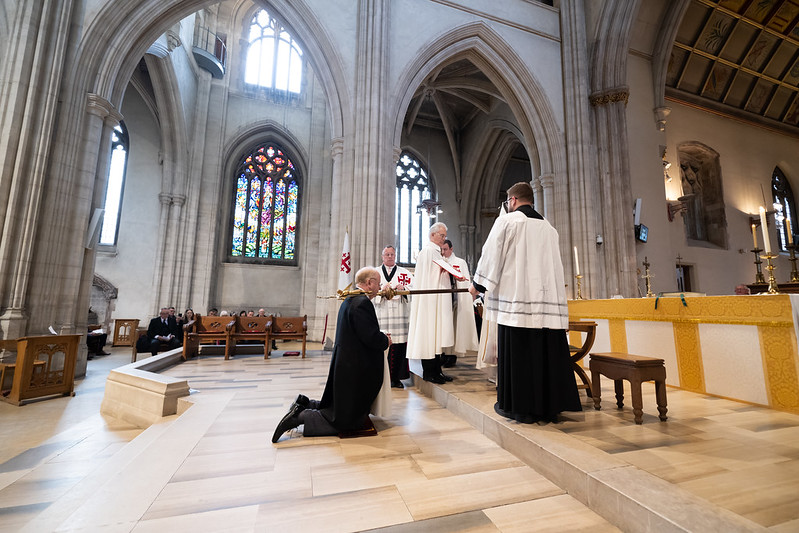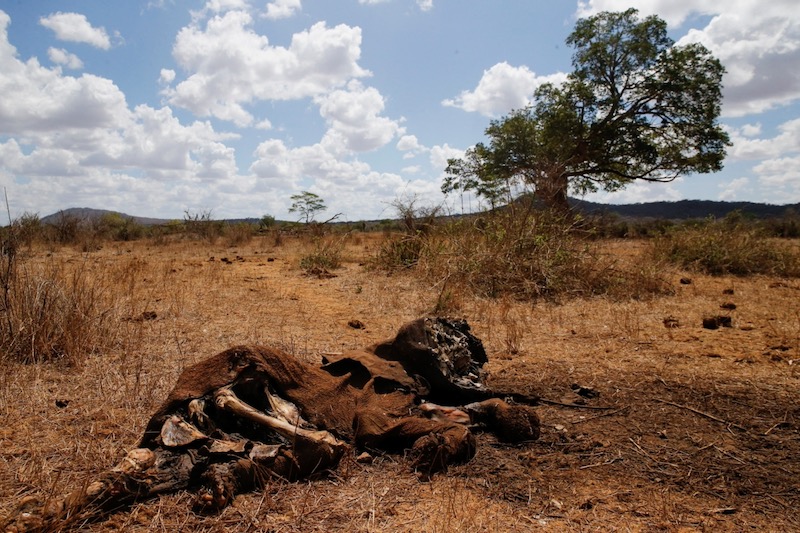Kenyan Catholic bishops are joining a debate over the importation, consumption and production of genetically modified organisms as the government lifts a ban to fight hunger.
The bishops are emphasising more scientific research on the organisms to assure the citizens of their safety when grown or consumed. Largely, the population is poorly informed about the organisms and has built myths and stereotypes around science.
“It is a matter that deserves deep, strategic and sober engagements with scientists. We cannot wholeheartedly embrace them without reservations,” said Archbishop Anthony Muheria of Nyeri. “We need to discuss the dangers…sometimes it is exaggerated, sometimes it can be contained and mitigated. We should not just discuss emotion, let us discuss scientific facts.”
The clerics’ call comes as the country struggles to contain a severe drought that has hit nearly 4.5 million people in 23 counties. The food crisis is being blamed on several factors including failed rains, climate change, a recent locust infestation, the war in Ukraine and inflation. According to the UN, the climate-linked drought in eastern Africa is the worst in 40 years.
In October, the new government lifted a ten-year ban on the importation, growing and sale of GMO crops. Soon after, some scientists welcomed the move as an answer to the country’s persistent food insecurity. The bishops, community and political leaders, however, expressed concern over what they viewed as a hurried move.
In mid-November, the government announced plans to import tem million bags of GMO maize. Moses Kuria, cabinet secretary for trade and industrialisation, said the importation was necessary to stabilise the country’s food security.
“It is our responsibility as a government [to save lives]. I know this [importation] will offend some people, but if we lose some votes here and there, we shall see the kingdom of heaven,” said Kuria.
Muheria however urged the official to apologise following his joke that there are many things that kill Kenyans and the GMOs were joining the list.
“It was distasteful and disrespectful… It is not good to joke with death or gamble with the life of Kenyans as if it was Russian roulette,” warned Muheria.



 Loading ...
Loading ...